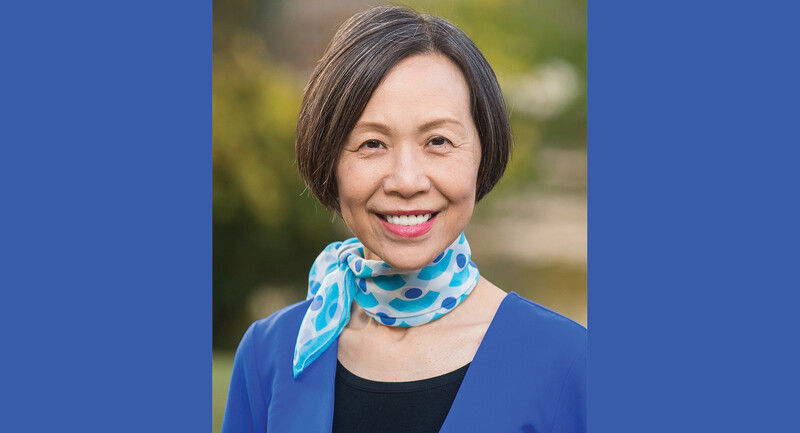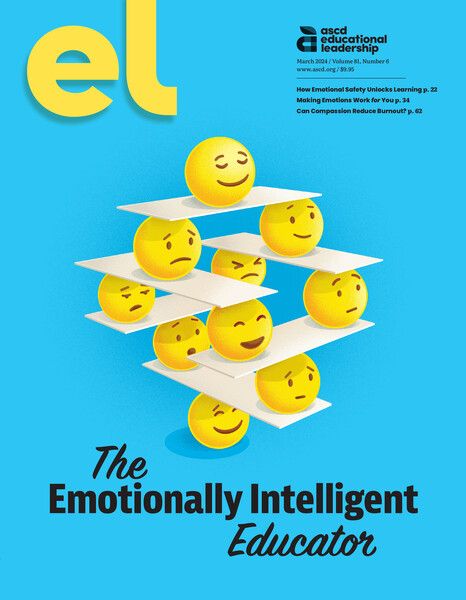More than 25 years ago when the calling got too loud and I decided to change my career from engineering to education, I remember many colleagues questioning my decision. Some thought it was a waste of time for me to complete a teacher preparation program. “You already have your PhD,” they said.
When I began teaching in an inner-city public school, someone commented that I’d changed my career so I could go home at 3:00 every day. Yet the biggest disapproval came from my late mother, Ruby, who was a kindergarten teacher herself for years in Hong Kong and Malaysia. Back then, she was trained in three weeks. “I had to teach because there weren’t many choices for women,” she told me. “Now you can be anything you want, and you are deciding just to be a teacher!”
When I later had the honor to serve as a professor of urban education, many of my students (most of whom were students of color) lamented how their families and friends consistently discouraged them from pursuing teaching, saying things like, “If you have such a high GPA, why are you just in a teaching major?”
A Critical—But Disrespected—Profession
Unfortunately, the adage, “Those who can, do; those who can’t, teach,” coined by George Bernard Shaw nearly 120 years ago, persists today as the disparaging, unexamined mental model many have about teachers and teaching. We are supposedly a society that values education and its role in developing an engaged citizenry. Yet the profession—arguably one of most important there is—is losing admiration and respect, lacking the “reverence” and prestige it deserves. This is at a time when there is a major teacher shortage, particularly among of teachers of color. Nationally, the diversity of the teaching corps (about 20 percent of teachers are people of color) isn’t keeping up with the increasing diversity of the student body. Meanwhile, research finds that having teachers of color positively impacts all students’ education experience and academic performance, with the impact more profound for students of color.
In addition, as we head into uncharted territory due to new technological advancements—offering both incredible opportunities and possible dangers—the role of the teacher to facilitate deep learning, develop critical thinking, and help students navigate uncertainties has become even more important. Yet the education sector, and teaching in particular, isn’t on young people’s radar as prominently as other career choices. Many don’t view teaching as an attractive profession; consider the sample of disparaging remarks I shared earlier. Youth and adults (including teachers themselves) are internalizing these attitudes that are shaping the general views of the profession.
Shifting the Narrative
In recent years, it’s been encouraging to see investments in innovative programming, policy shifts, and structural changes to support those exploring the teaching profession—like grow-your-own programs, multiple pathways toward teacher licensures, etc. These structural changes and efforts to better attract, prepare, and retain teachers must continue. Creating conditions for culturally responsive teaching and learning is also crucial, so teachers and students can thrive together. At the same time, all of us need to work across sectors to elevate the teaching profession (especially within our communities of color and American Indian communities) in at least three ways:
1. We must interrupt the cycle of disparaging public narratives about the teaching profession and “upgrade” our outdated, unexamined views on the profession. To do this, we need to provide airtime and visibility to teaching as we do other respectable professions, showcasing the lasting imprint teachers have on the lives of students, families, and communities, even amidst serious challenges. It will take all of us—families, community leaders, business partners, and more—to pay attention to how we talk about teaching. There’s a lot of coverage about the harsher realities of the profession. While we shouldn’t ignore those realities, we must claim the narrative and balance those stories with personal stories of triumph and hope, of impact, and of the amazing opportunities this evolving profession offers. When someone expresses their interest in teaching, let’s be curious and supportive instead of succumbing to negative knee-jerk reactions.
When someone expresses interest in teaching, let’s be curious and supportive instead of having negative knee-jerk reactions.
2. As educators, and teachers in particular, let’s own the agency and influence we do have to take command of the image of a profession into which we pour our heart and soul. We need to rebuild our confidence in what we do day in and day out to serve our students and bring out their brilliance. Let’s intentionally transform our inner attitudes—emotionally and mentally—about teaching. Let’s not give our power away.
3. Because personal grit is necessary but insufficient to bring change, let’s keep pressing school and district leaders and policymakers to create the conditions for educators to be successful—and thrive. Let’s remind others that how well teachers show up for students depends on how much teachers themselves feel seen, heard, and supported—and that the teacher’s role matters.
In Minnesota, we’ve launched a statewide initiative called Elevate Teaching to activate a network of champions for the teaching profession and shift how we view, talk about, and relate to the profession. We see this initiative as part of the solution to attract people to the profession, especially from our communities of color and American Indian communities. Through community engagement, Elevate Teaching developed six key messages that communicate the incredible work of the teaching profession and the impact teachers have in our society, including the message that teaching is creative and that the profession builds community. Within 6 months we have designed and distributed more than 2,200 key message kits to various groups (www.ElevateTeaching.us). The goal is to spur deeper conversations about the profession with many stakeholders. The possibilities are endless as we continue with this work. We invite you to join in our movement to elevate the teaching profession—inside and out!







